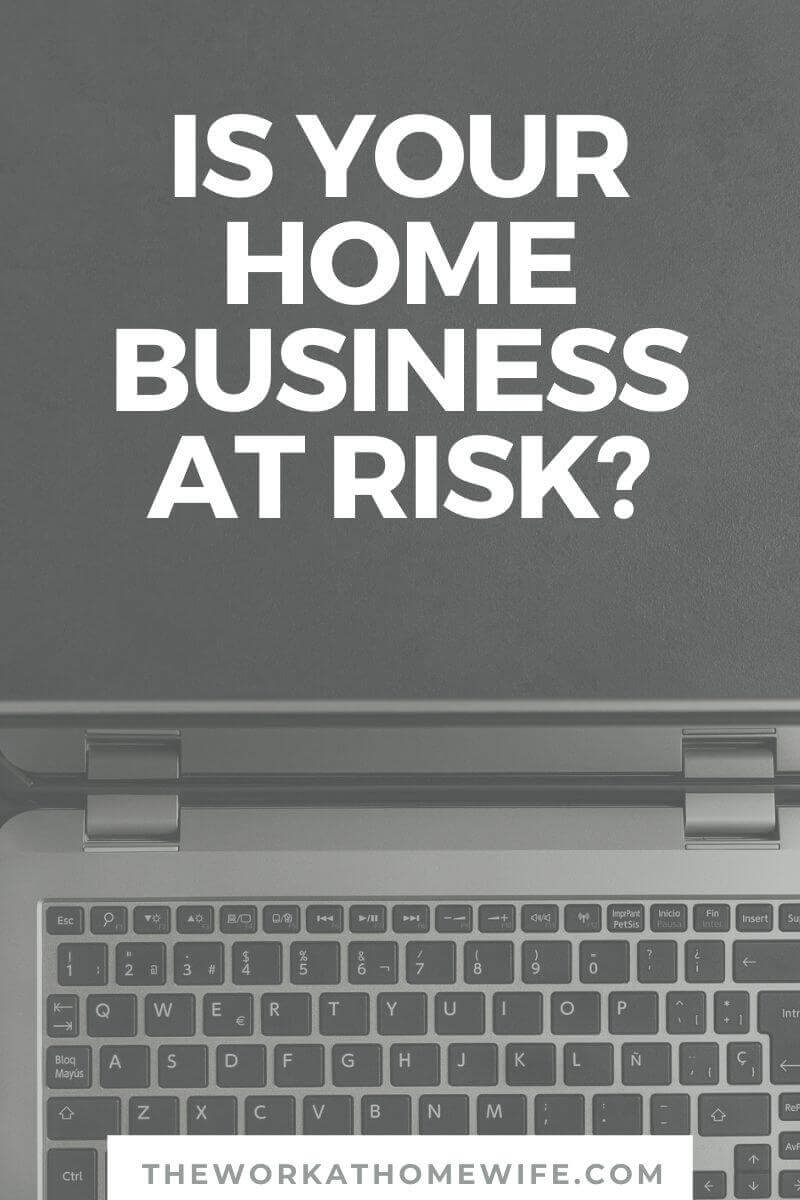This is a sponsored post written by me Carbonite. All opinions are 100% mine.
Are you backing up your computer data? Many don’t, and that’s a big mistake… especially if you work from home.
Your computer is where you store all kinds of important files and information — commonly called “data.” Often, all of this data is yours. But sometimes, it is confidential information that belongs to other people. We hear these things Small business stories daily
It seems to me. Your music, photos, and documents are data, but there’s more to it There’s sensitive information — things like scanned birth certificates and tax records.
It gets even more complicated if you work from home. If you’re a blogger, you’ve got backups of your blog, all your content and media, and even photos Blog projects that you haven’t written about yet. If you’re a freelancer, you probably also have client files stored on your computer – and that data isn’t necessarily yours. And all your electronic business records are also stored on your computer — things like your P&L and your accounting software.
Because of which your data may be lost
There are countless ways you can experience it data loss. Here are just a few:
-
A power surge or lightning strike can take out your desktop.
-
Liquid spilled on your keyboard can short-circuit the whole thing.
-
Natural disasters like fires, floods, and bad storms can crush or otherwise destroy your computer (and everything else you own).
-
theft
-
You accidentally delete something permanently.
-
Your computer unexpectedly “dies”, and there is no way to make it work.
-
Computer viruses and malware are becoming more dangerous and more prevalent. The worst of them will physically destroy your computer’s inner workings, leaving your data unscathed.
-
damage I was the one who dropped my laptop and damaged the hard drive, but it could have been someone else in the house. If your computer is ever in the presence of someone else (such as a family member or at a coffee shop), they are at risk of doing something they do intentionally or unintentionally. Spills, bumps, you name it and it can happen to you.
You never know what might happen, or when. As with any tragic loss, we often don’t see it coming and when it does, it’s too late. If you’ve got a computer at home, you need to back it up, without question. Not backing up your system is simply asking for heartbreak.
 Why I never have to worry about losing my data
Why I never have to worry about losing my data
importance Data protection A painful lesson I learned years ago. Nowadays, I have a no-fail system to back up my data. What’s especially great is that I don’t even have to think about it. I had to set it up, but after that, it runs automatically in the background.
Now, I know all my important computer data is safe, no matter what.
How to back up your data
There are two main ways you can back up your data — locally or in the cloud. A “local” backup that you do on your computer Generally speaking, this is an external hard drive or other media where you copy your files to a physical device and keep them at home. Many of us have an external hard drive attached to our computer to do an automatic backup every night.
You can also do a local backup and then send your physical data off-site, like to a safe deposit box or your mom’s house. Having your data off-site makes it safer (because it won’t be affected if your house burns down), but it’s harder to maintain and you’re less likely to do it.
Another way to back up your data is to do it in the “cloud”. This involves sending your data over the Internet, to an off-site location where your data is copied and stored. There are companies that offer this service and it is best to look at different companies and see what works best for you.
What to Look for in a Data Backup System
Here are some things for you to consider Data storage system, whether you’re doing it yourself or hiring a service:
-
Easy to use. If it hurts to do it, it probably won’t happen.
-
Security Local backups are great, especially for those times when your computer gets a virus or you accidentally delete an important client file (so you can get a new one instead of going to the client to ask for another copy), but in the event of a natural disaster like a flood or fire, you If you lose your computer, your backups can be lost too.
-
convenience The more automated your backups are, the better off you’ll be. You don’t have to remember to do it, fiddle with the technology or even lift a finger – it just goes without you.
-
Access Having an external hard drive in a safe deposit box is extremely safe, but not very accessible Using an external hard drive is easier, but not as secure Having a cloud-based backup is safe and easy to access, as long as you trust the service provider.
It depends on you Protect your data. Your home business depends on it.

No Comments
Leave a comment Cancel